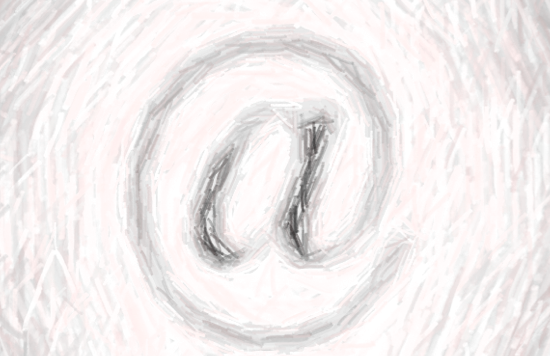
The History of Email
From Groundbreaking Communication To Workplace Agony

The Dark Ages
Before connectivity among different computers – what we think of as the internet – messages could only be sent to different users of the same computer. Programmer Raymond Tomlinson is credited with inventing email around 1971 when he may or may not have sent “QWERTYUIOP” as the first network electronic message. He was the first to connect his computer to his mailbox by using an “@” symbol.Email Comes Out of the Shadows
=&2=& The word “email” was first coined in 1982. By 1985, the typical users of email were government and military employees, and students and academic professionals. Email became mainstream with the advent of free email providers like Hotmail and Yahoo in the 1990’s. Suddenly everyone wanted at least one email address, and the number of email users worldwide jumped from millions to hundreds of millions.Email’s Maturity
By 1997, email had become big business. Microsoft purchased Hotmail for approximately $400 million. In 2003, the 77 million workers who used a computer at work said they most commonly used it to access the internet and check email. In 2012 there were more than 3 billion email accounts across the globe, and approximately 294 billion emails were sent per day. In the US, 90 million Americans accessed email through a mobile device, with 64% doing so on a regular basis. =&4=&The Age of Unwilling Readers
Tom Van Vleck, an internet pioneer, said he was“mighty displeased”


